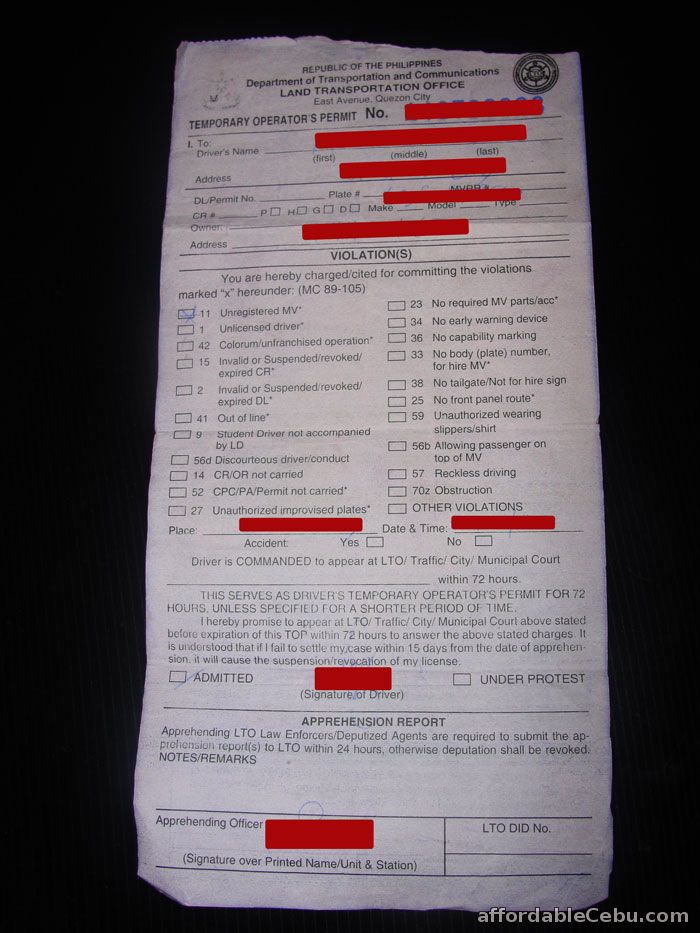

Institutions like the American Bar Association, for example, have weighed in on this issue, adopting the principle that “disproportionate sanctions, including driver’s license suspension, should never be imposed for a person’s inability to pay a fine or fee,” and explaining that “xcessive fines and fees. In the wake of Ferguson, a wave for reform has emerged. public safety needs,” the report found, led to “procedures that raise due process concerns and inflict unnecessary harm,” including the suspension of driver’s licenses for unpaid debts, followed oftentimes by an arrest for driving without a license. The City of Ferguson’s “focus on revenue rather than. Initial fines and fees quickly and automatically trigger more monetary penalties, a suspended driver’s license (with more penalties imposed for driving on a suspended license), mandatory court appearances (with more penalties levied for missing those hearings), and, almost inevitably, criminal penalties. Department of Justice Civil Rights Division investigated police and court practices in Ferguson, it released a report describing how citizens get trapped in a double helix of poverty and punishment. Here was an object lesson in state and local governmental power to perpetuate and criminalize poverty. National awareness of governments’ use of fines and fees to extract revenue from low-income, predominantly African-American residents has risen substantially since the protests and violent conflict that followed the 2014 killing of Michael Brown by the Ferguson, Missouri Police Department. Their inability to pay that original fine-their poverty-is, in effect, criminalized. When a person driving with a suspended license is stopped by law enforcement, they typically get a ticket, may be subjected to more fines, and may even be arrested and end up in prison. Most people who are not able to afford to pay their fines, therefore, just keep driving. For many lower-income community members in 21st century America, a driver’s license is critical for everyday life tasks like getting to work, childcare or a child’s school, doctor’s appointments (especially vital for senior citizens), and transporting heavy groceries. More than seven million Americans have lost their driver’s licenses for nonpayment of a ticket or fine. reveals both the extent of the injury governments are willing to inflict on low-income people in order to balance their books and the results that advocacy can achieve to reduce the damage.

Issue Brief by Danielle Conley and Ariel Levinson-Waldman Designed as a primer on the hazards of license suspension schemes and a resource for advocates and policy makers fighting for reform, the issue brief offers legislative and litigation options for ending these discriminatory policies.ĭiscriminatory Driver’s License Suspension Schemes

These policies hit communities of color and people with low incomes the hardest, and can result in a cycle of unemployment and inability to pay the outstanding debts, that then increases exposure to the criminal justice system, all while diverting resources from proven public safety policies.ĪCS Issue Brief Authors Danielle Conley and Ariel Levinson-Waldman argue that license suspension schemes are ripe for reform at the state level throughout the country, with many states already leading the way. In most states, a person’s driver’s license may be suspended without regard for their ability to pay. More than seven million Americans have had their licenses suspended for unpaid, court-related debts. Truth, Racial Healing, and Transformation.The Presidential Investigation Education Project.Technology Law and Intellectual Property.Regulation and the Administrative State.To determine whether a practitioner has been previously disciplined, click on this link for the List of Previously Disciplined Practitioners. 13, 2012).įor more information about a practitioner's disciplinary history, click on the date highlighted in gold. The term expelled has been replaced by the term disbarred, which has the same meaning and effect. *These practitioners were expelled from practice prior to January 13, 2012. Newest changes are also indicated by highlighted blue text that is annotated with the word (NEW). Recent updates to the list: Alicia Ellen Rowedder, Jonathan Stephen Schwartz


 0 kommentar(er)
0 kommentar(er)
